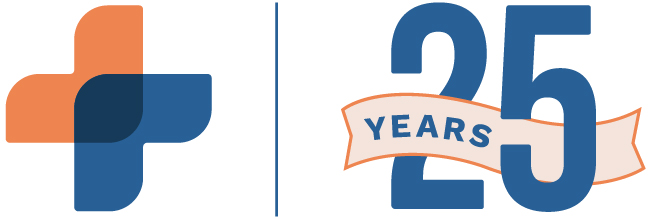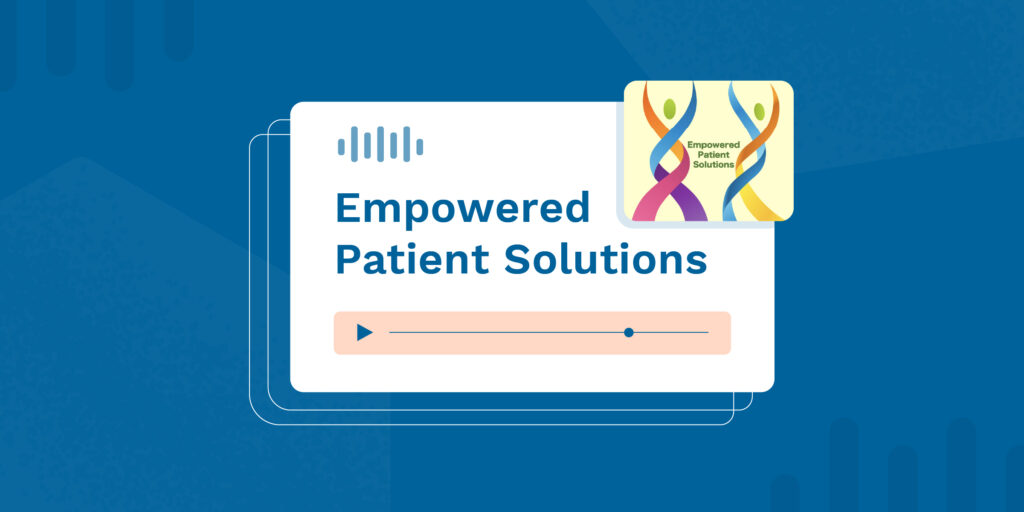In 2018, the number of drug overdose deaths decreased for the first time since 1999; 2017 to 2018 marked a decrease of 4%. Of the 67,000 drug overdose deaths in 2018, nearly 70% involved an opioid. An estimated 1.7 million Americans were addicted to opioids in 2018, but only 400,000 received treatment at a specialty facility.
The opioid epidemic was formally declared a public health emergency in 2017. The United States saw a dramatic increase in the number of opioid overdose deaths in the last two decades due in part to the increased use of prescription opioids for non-cancer-related pain management. The highly addictive nature of opioids, combined with the use of other drugs or alcohol, increases the risk of overdose significantly.
Counting Down to the January 1, 2021 Federal EPCS Mandate
The U.S. government has taken measures to address the crisis with greater controls around prescription opioids and the expansion of treatment and recovery options. Electronic prescribing of controlled substances (EPCS) began as a proposal by the Drug Enforcement Agency (DEA) to curtail the diversion of controlled substances.
Today, EPCS requires eligible prescribers to use electronic prescriptions for controlled substances under Medicare Part D. The deadline to comply with this federal mandate is January 1, 2021. Once the mandate takes effect, paper prescriptions for schedule II, III, IV, or V controlled substances for covered Medicare Part D or MA-PD plans will no longer be allowed without a waiver for a handful of exceptions.
Initial Results from Early Adopters of EPCS
Many states have passed similar legislation, the first of which was New York in 2016. In 2015, there were 2,166 drug overdose deaths involving opioids in the state of New York. In 2018, the reported its first decline since 2009 with 2,991 deaths, a 4.1% decline from 2017.
Increasingly, drug overdose deaths in New York and the United States as a whole involve synthetic opioids such as fentanyl. New York has one of the lowest rates for opioid prescriptions in the country, with 34 per every 100 persons in 2018 – the national average was 51.4.
Maine’s EPCS mandate took effect in 2017, making it the second state in the nation to require electronic prescriptions for controlled substances. The state reported 360 drug overdose deaths involving opioids in 2017, and a decline the following year with 202 deaths. In 2018, the state’s opioid prescription rate was 48.1 per every 100 persons, slightly below the national average.
EPCS took effect in Connecticut in 2018. The state reported 948 opioid-involved deaths that same year, a 4.1% decline from the previous year. The opioid prescription rate for Connecticut was 43.0 per every 100 persons, a 66% decline since 2012.
Statistics from States Hardest-Hit by Opioid Overdose Deaths
West Virginia currently has no statewide EPCS mandate and according to the CDC, West Virginia had the highest death rate due to drug overdose in the nation at 51.5 per 100,000 persons. The state also has one of the highest opioid prescription rates, at 69.3 per every 100 persons. This is the state’s lowest rate since 2006.
Following the federal compliance mandate, Delaware is requiring all prescriptions to be prescribed electronically beginning January 1, 2021. The state has one of the most significant opioid crises in the country with 88% of the 401 drug overdose deaths involving opioids in 2018. In 2018 the opioid prescription rate exceeded the national average with 60.6 opioid prescriptions written per 100 persons.
While the decline in 2018 is certainly a step in the right direction, there is still significant work to do to address the opioid crisis in the United States. One thing you can do is provide safer, better-controlled prescriptions to your patients, no matter their insurance plan.
Are you ready for EPCS? RXNT can help you get ready for EPCS and increase prescription safety. has been a leader in electronic prescribing for more than 20 years. We offer DEA-certified EPCS functionality that’s affordable and can be installed quickly and easily. It meets all state and federal mandates, plus you’ll have direct access to your state’s Prescription Drug Monitoring Program.





